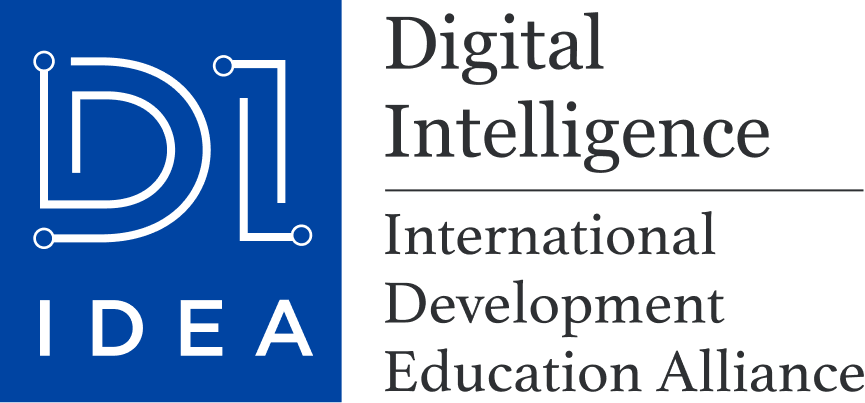Harvard University is actively transforming its teaching methods by incorporating a range of emerging technologies, including generative AI, virtual presentation platforms, online collaboration tools, and micro-scale machine learning. These technologies not only enhance teaching efficiency but also provide a variety of personalized learning experiences. For instance, generative AI enables educators to focus on curriculum design, while virtual presentation platforms improve students’ public speaking skills. Online teaching platforms allow students worldwide to participate flexibly. Technological tools in STEM education, such as data visualization and online experimental platforms, enhance students’ understanding of complex concepts and their practical skills. Additionally, user-friendly design initiatives leverage technology to tackle global challenges, flipped classrooms promote proactive learning among students, and innovations in acoustical engineering boost their understanding in the field.
Overall, these technologies not only boost engagement and broaden academic outreach but also enrich learning outcomes at Harvard. The Derek Bok Center for Teaching and Learning has held a seminar titled “Teaching with Generative AI,” indicating the ongoing integration of generative AI into Harvard’s educational system. Technologies like AI-powered education tools could not only transform teaching methods by helping create instructional content and personalized materials, but also grant students easy access to learning resources and support. Dr. Stephanie Gil, an assistant professor of Computer Science, offers a course on “Planning and Learning Methods in AI,” which reshapes students’ understanding of AI through new technologies. Generative AI enables teachers to devote more time to instructional design and interaction, while students gain personalized learning experiences through AI-generated tools. The course educates students in applying modern AI technologies to develop and implement solutions to complex problems, thus enhancing their expertise and practical skills in the field of AI. An article featured by the Derek Bok Center, titled “Behind the Visuals of Harvard Horizons,” discusses the utilization of virtual presentation technology to turn the dissertation research of Ph.D students into five-minute presentations for a public audience. This technology utilizes digital tools to bolster students’ speaking and visual presentation skills, making intricate academic content more accessible to a general audience. It not only enhances students’ ability to present their research effectively in real-world contexts but also promotes interdisciplinary communication and academic outreach. The Derek Bok Center is providing office hours and tutoring services online for faculty, students, and educational researchers, demonstrating the application of online collaboration tools at Harvard. These tools flexibly accommodate various time zones and remote work scenarios, allowing students and teachers to participate in learning and discussions from any location at any time. Thanks to the online collaboration technology, Harvard has maintained its leadership in a globalized educational environment.
The Derek Bok Center has also held a seminar titled “Foundations of Teaching in STEM,” exploring innovative educational tools in science, technology, engineering, and mathematics. These tools may include online experimental platforms, data visualization tools, and automated assessment systems. Introducing new technologies in STEM not only enhances the efficacy of teaching but also helps students better understand complex concepts and develop hands-on abilities. The Derek Bok Center highlights the importance of engaging audiences in “professional stories” during academic presentations, which potentially involves adopting technological approaches such as online surveys, real-time feedback, and multimedia to increase classroom interaction. These approaches invigorate the classroom experience, increasing student engagement while improving learning outcomes.
